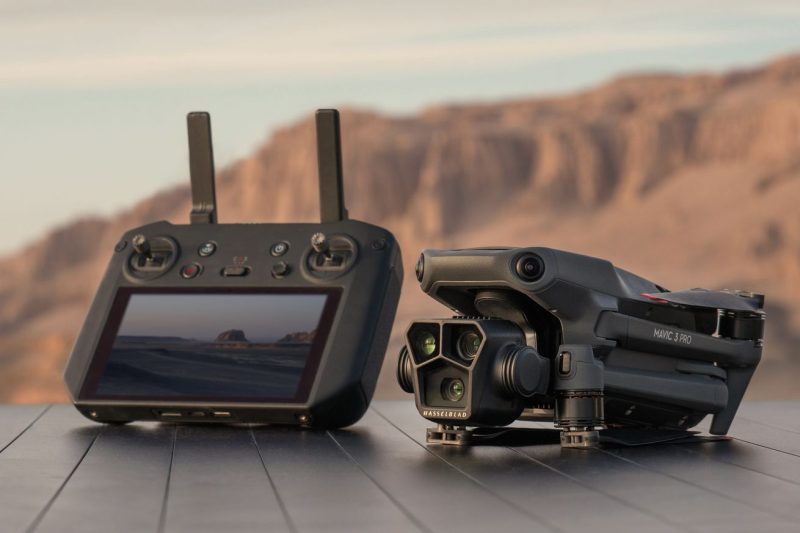In recent news, Chinese drone manufacturer DJI has taken legal action against the U.S. Department of Defense after being labeled as a Chinese military company. This move by DJI comes in response to the Department of Defense’s decision to blacklist a number of companies, including DJI, accusing them of having ties to the Chinese military.
DJI, a prominent player in the global drone market, has vehemently denied the allegations made by the U.S. Department of Defense. The company has emphasized that it is a private entity and has no association with the Chinese military.
The implications of being labeled as a Chinese military company are significant for DJI. It could lead to severe restrictions on its ability to do business in the United States and could damage its reputation in the international market. DJI has asserted that such labeling is inaccurate and baseless, and it is seeking legal recourse to challenge the decision.
One key aspect of DJI’s lawsuit against the U.S. Department of Defense is the potential impact on its partnerships and collaborations with U.S. agencies and organizations. DJI has worked closely with various U.S. government departments, including law enforcement agencies and research institutions, on projects involving drone technology. Being labeled as a Chinese military company could jeopardize these existing partnerships and hinder DJI’s ability to collaborate with U.S. entities in the future.
The legal battle between DJI and the U.S. Department of Defense raises broader questions about the increasing scrutiny faced by Chinese companies operating in international markets. With geopolitical tensions on the rise and concerns about data security and national security becoming more pronounced, companies like DJI are finding themselves caught in the crossfire of these complex issues.
Moreover, the lawsuit also sheds light on the challenges faced by global companies that are headquartered in China or have significant operations in the country. These companies must navigate a complex regulatory environment and address concerns about their ties to the Chinese government and military. The implications of being labeled as a Chinese military company can be severe, affecting not only their business prospects but also their reputation and credibility in the global market.
As the legal battle between DJI and the U.S. Department of Defense unfolds, it will be important to closely monitor the outcome and its implications for the broader drone industry and Chinese companies operating in the international market. This case underscores the complex interplay between geopolitics, national security, and business interests in an increasingly interconnected world.


























